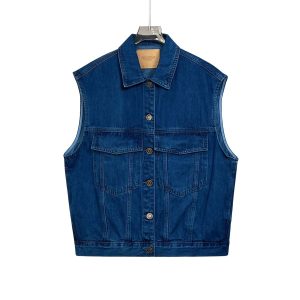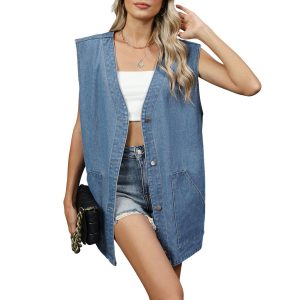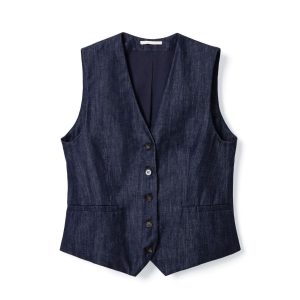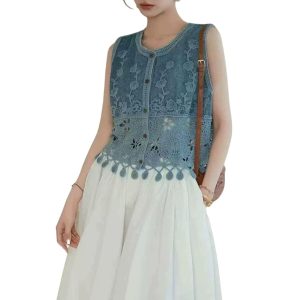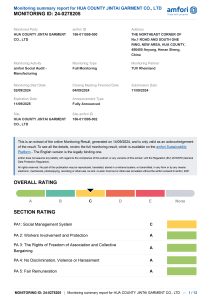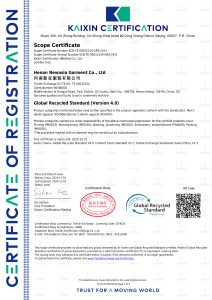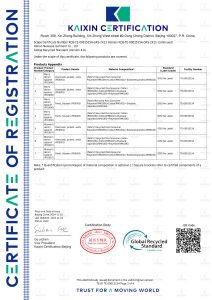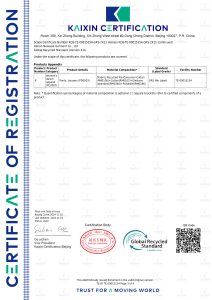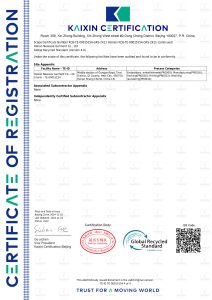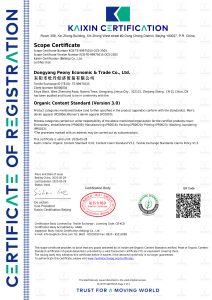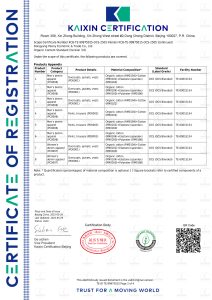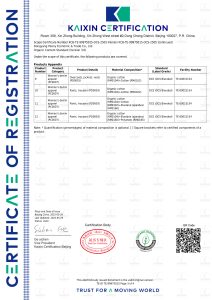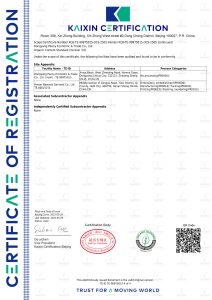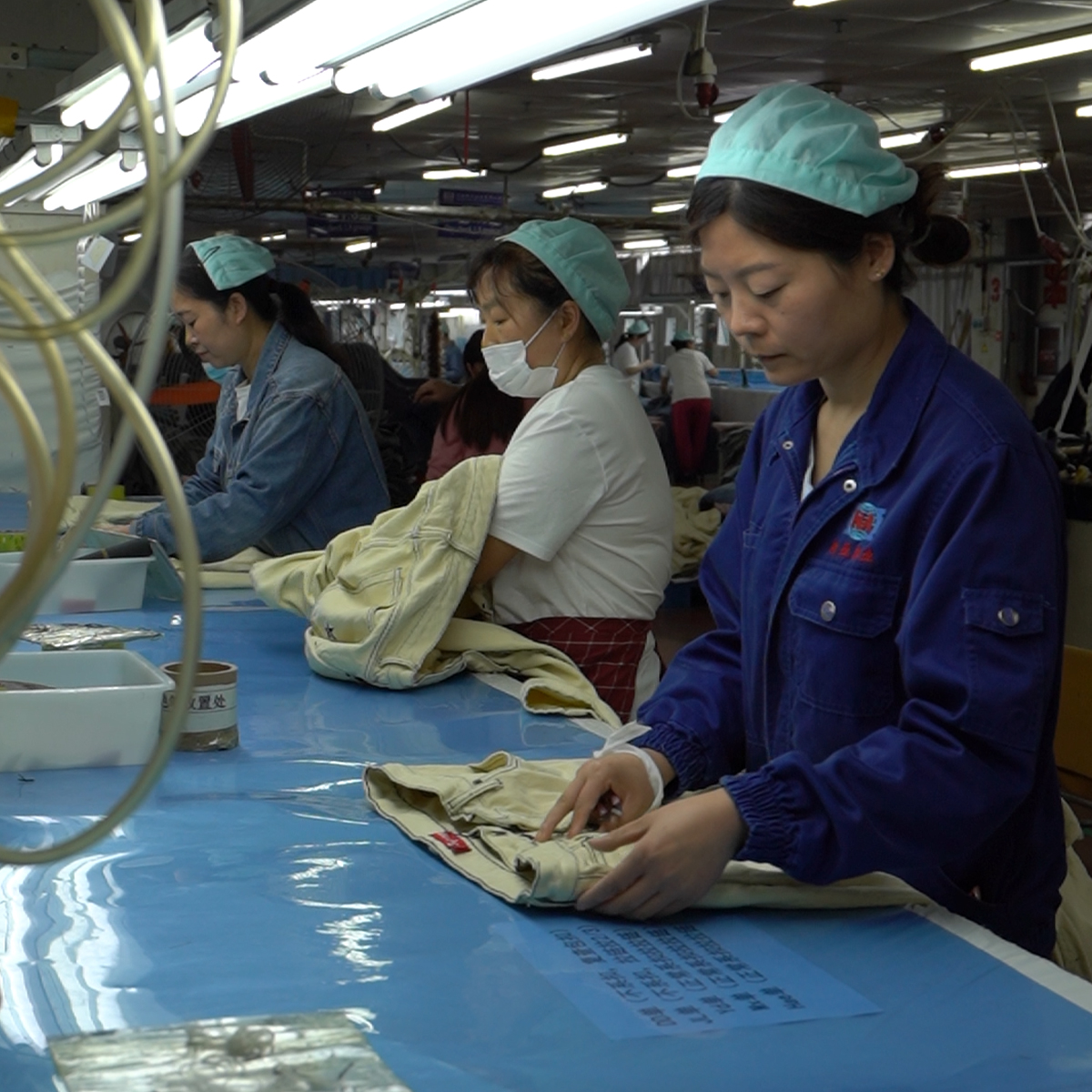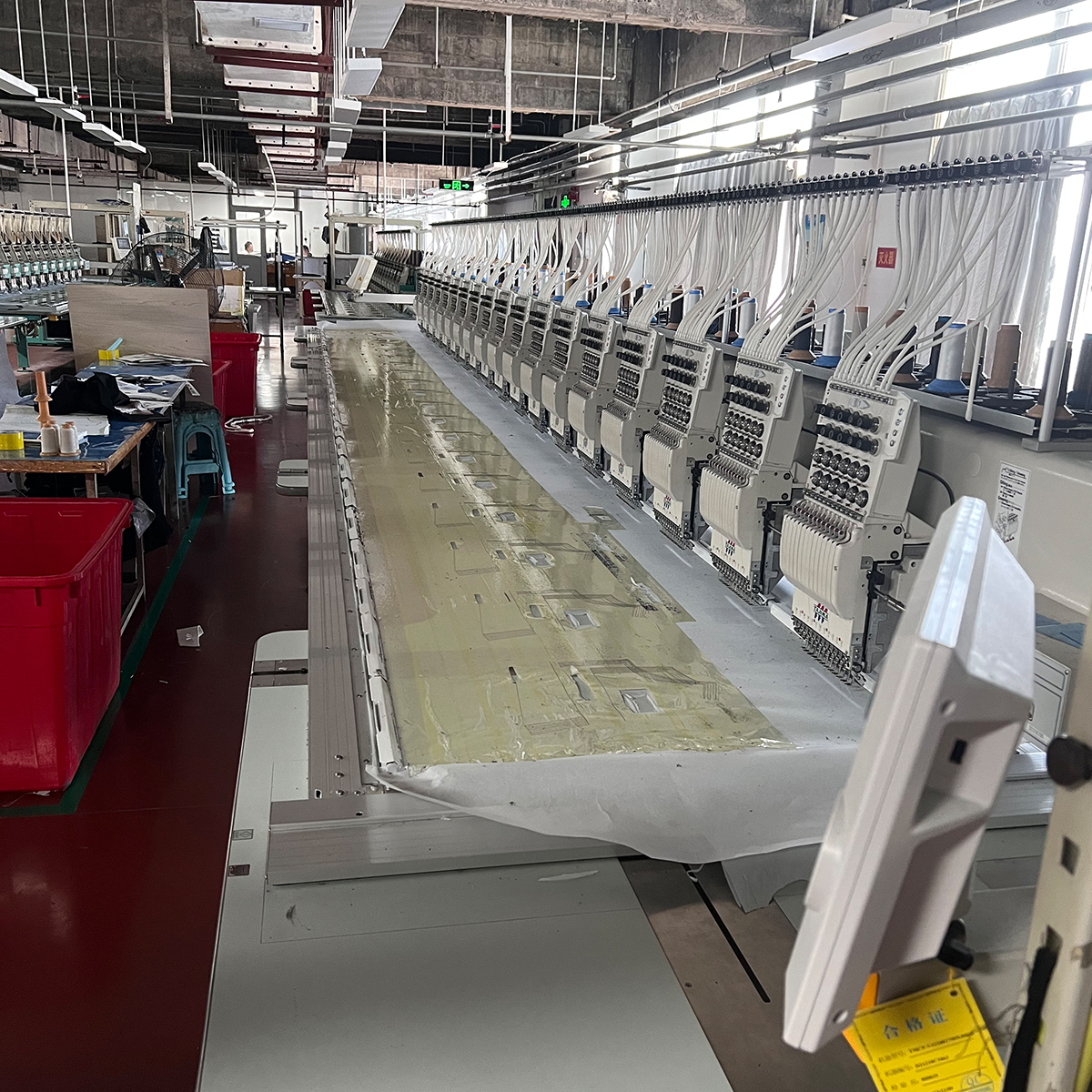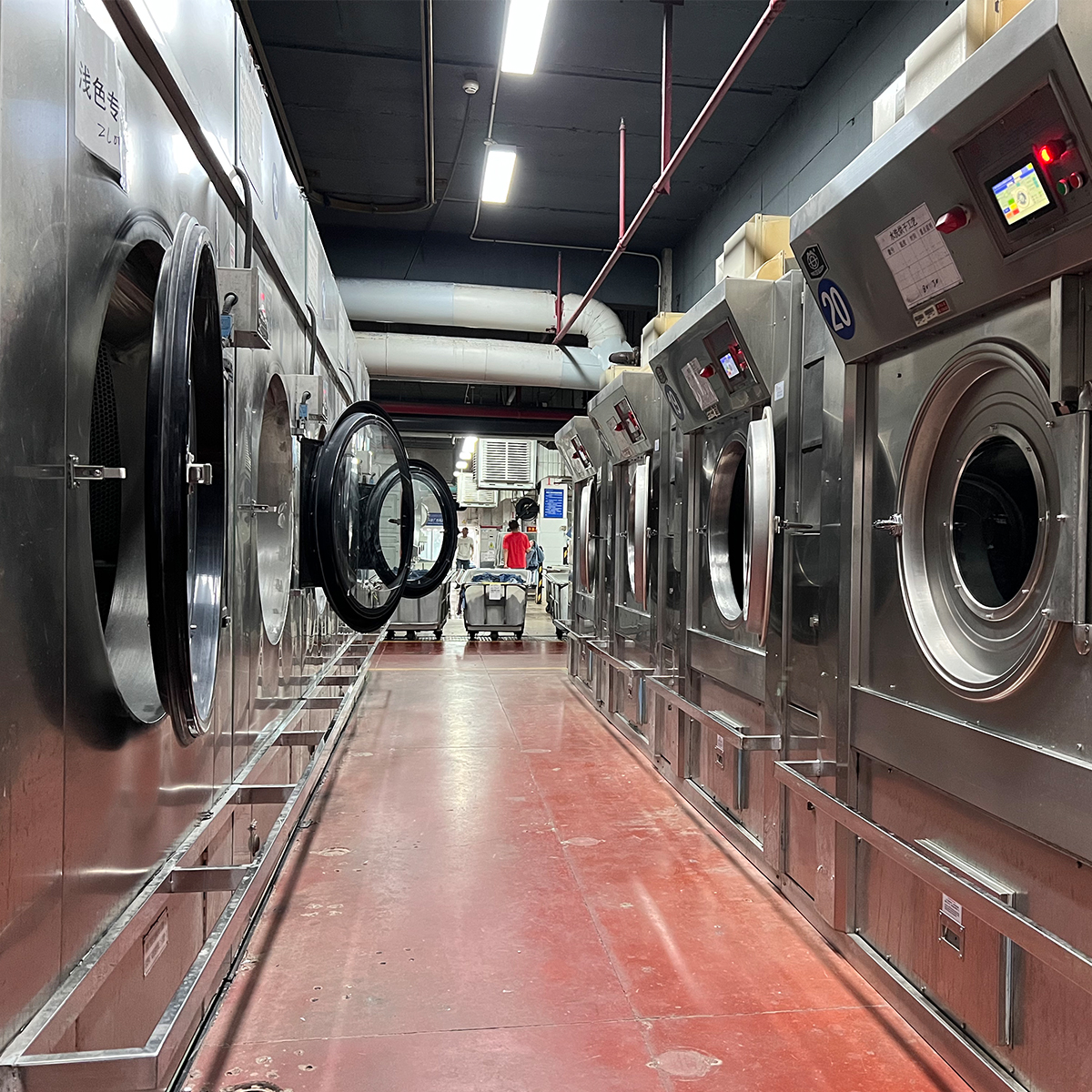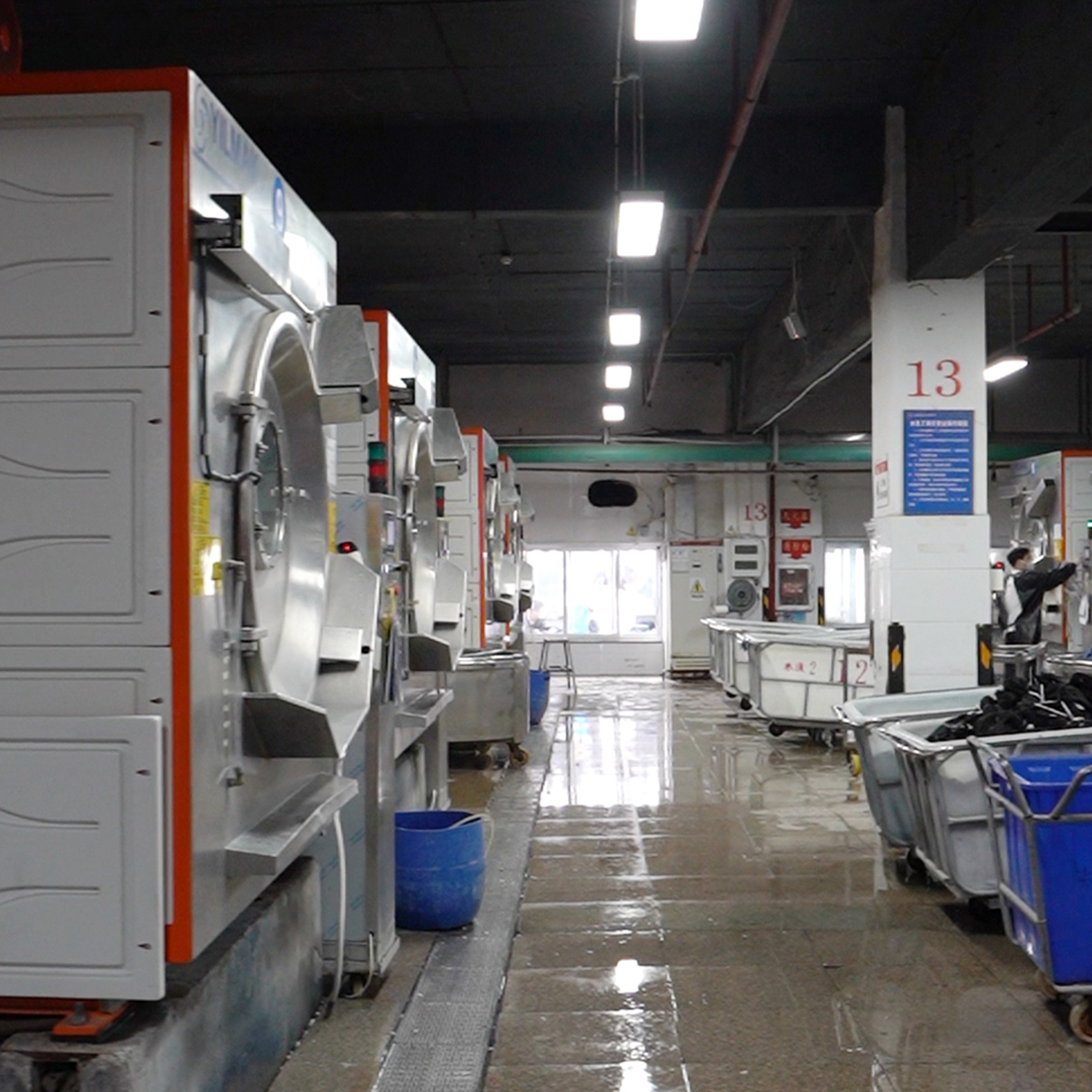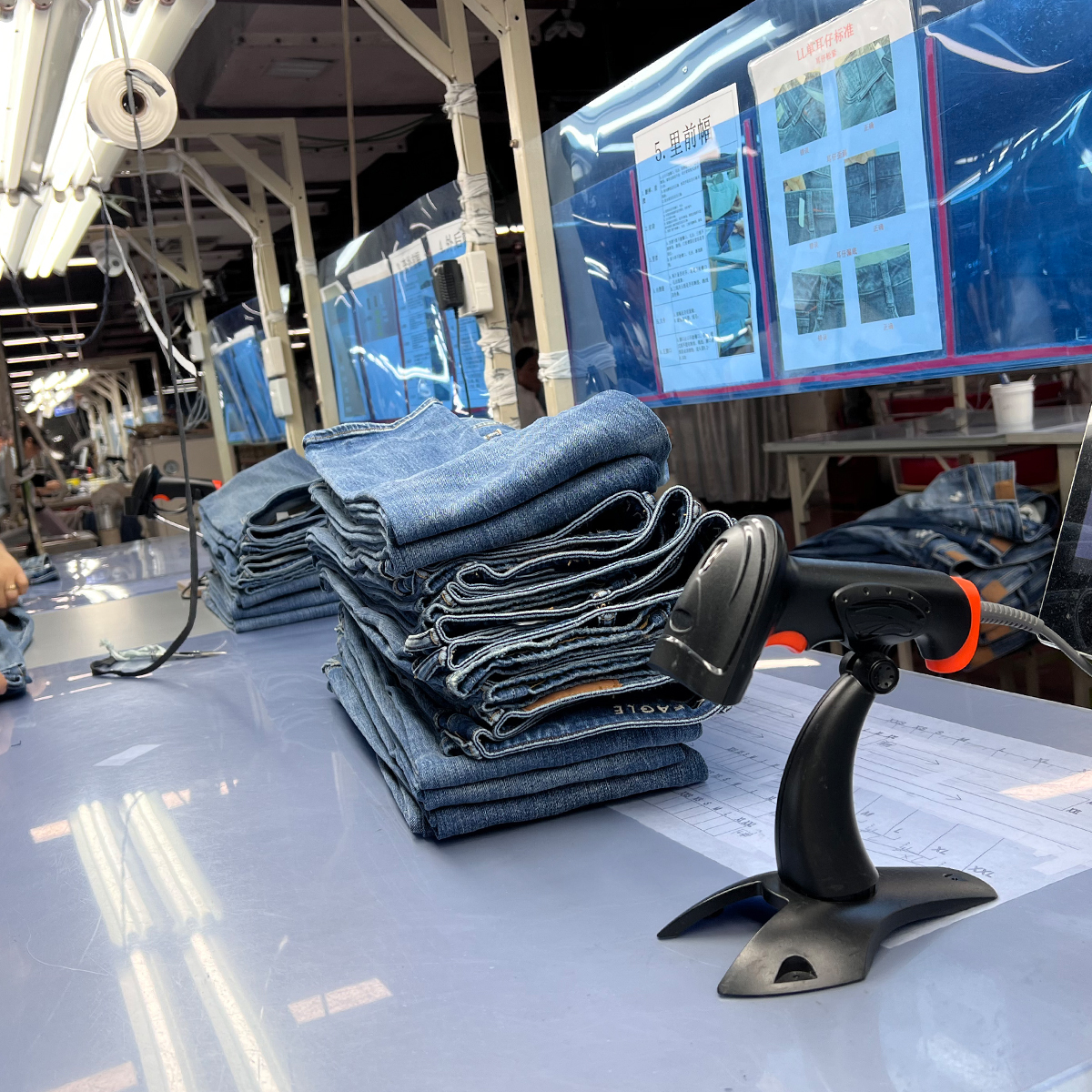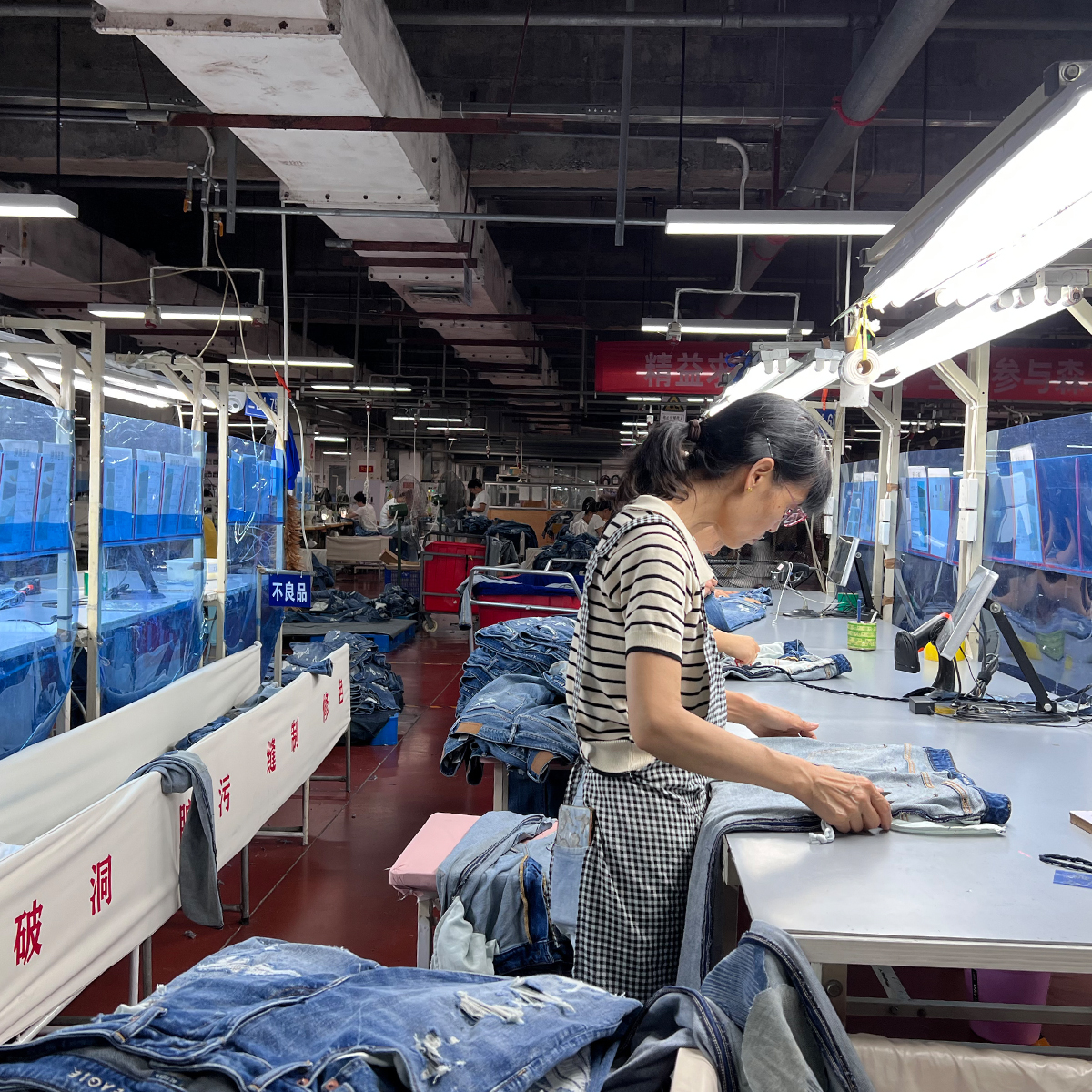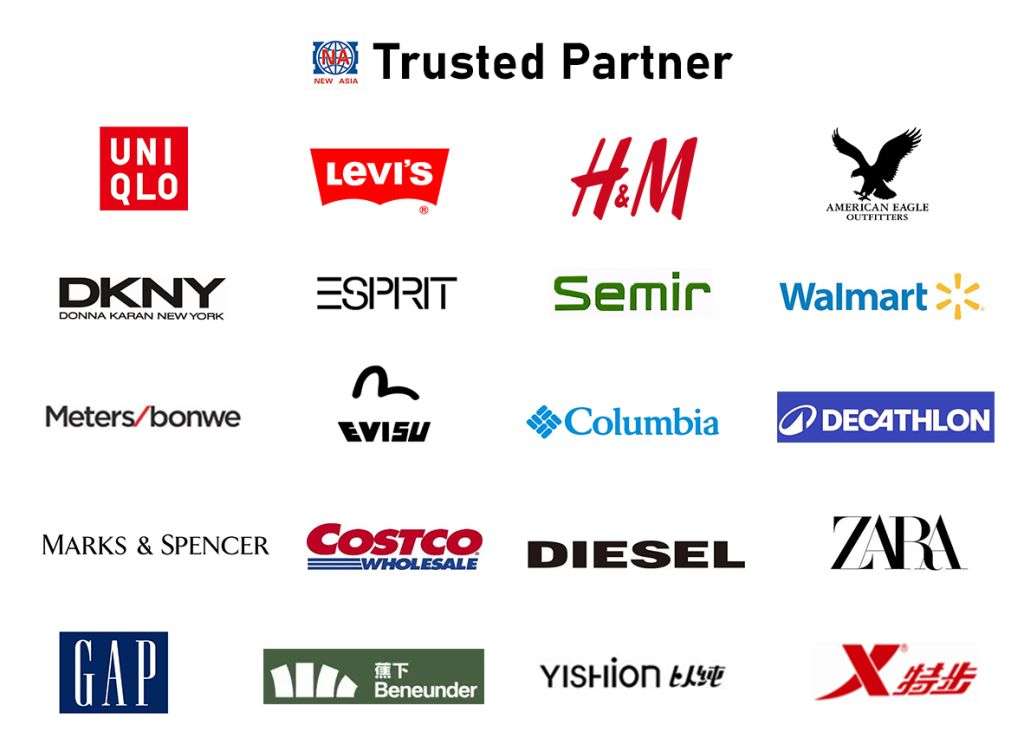In recent years, the fashion industry has faced increased scrutiny over its environmental impact and ethical practices. As a result, more and more small businesses are shifting towards sustainable clothing production. Choosing eco-friendly manufacturers is a crucial step for small brands aiming to establish a reputation in the competitive fashion market. This blog will explore some of the top sustainable clothing manufacturers, their practices, and how small businesses can navigate this landscape while promoting ethical fashion.
Why Choose Sustainable Clothing Manufacturers?
Sustainable clothing manufacturers focus on eco-friendly materials, ethical labor practices, and environmentally responsible production processes. Here are some compelling reasons for small businesses to consider sustainable manufacturers:
- Brand Reputation: Consumers are increasingly seeking brands that align with their values. By collaborating with sustainable manufacturers, small businesses can enhance their brand image and attract eco-conscious shoppers.
- Quality Products: Sustainable materials tend to be more durable and of higher quality, resulting in better products that stand the test of time.
- Regulatory Compliance: With governments worldwide implementing stringent regulations on sustainability, partnering with eco-friendly manufacturers helps ensure compliance and future-proofing your business.
- Positive Impact: Supporting responsible manufacturing practices contributes to a healthier planet and better livelihoods for workers.
Key Features to Look for in Sustainable Clothing Manufacturers
When scouting for sustainable clothing manufacturers, small businesses should consider several factors to ensure that they are making a responsible choice:
- Material Sourcing: Look for manufacturers using organic cotton, recycled fabrics, or innovative materials like Tencel, hemp, or bamboo.
- Ethical Labor Practices: Ensure that the manufacturer adheres to fair labor practices, paying employees fair wages and providing safe working conditions.
- Certifications: Look for manufacturers with certifications such as GOTS (Global Organic Textile Standard), Fair Trade, or OEKO-TEX, which verify their commitment to sustainability.
- Transparency: Choose companies that openly share their supply chain information and sustainability practices.
- Minimum Order Quantities: Some sustainable manufacturers cater specifically to small businesses with flexible MOQs, making it easier for startups to enter the market.
Top Sustainable Clothing Manufacturers for Small Businesses
Here are some exemplary sustainable clothing manufacturers that can meet the needs of small businesses:
1. PACT Apparel
PACT Apparel is known for its commitment to organic and fair trade practices. They offer a wide range of products, from basic tees to leggings, all made from 100% organic cotton. Their transparent supply chain and ethical manufacturing processes make them an excellent choice for small businesses looking to create apparel that aligns with their eco-friendly values.
2. EcoVessel
EcoVessel focuses on sustainable apparel and accessories. Their advanced supply chain practices ensure that all materials are sustainably sourced, and they offer a wide array of customizable products for small businesses. Known for their eco-friendly packaging, their offerings blend practicality with environmental consciousness.
3. Allmade
Allmade stands out due to its commitment to ethical worker treatment and sustainable materials. Their apparel is made from recycled plastic bottles and organic cotton, making them a popular choice for businesses aiming for a significant environmental impact. They also offer low MOQs, making them accessible to small startups.
4. Bella+Canvas
Bella+Canvas is renowned for its high-quality garments and commitment to sustainable practices. They are a leader in the ethical fashion movement, investing in sustainable manufacturing practices that significantly reduce waste. Businesses can choose from a wide variety of carefully designed styles while confidently supporting environmentally friendly processes.
5. Tentree
Tentree takes environmental responsibility to the next level by planting ten trees for every purchase made. Their clothing is made from sustainable materials like Tencel and organic cotton, and they maintain transparency throughout their production processes. This commitment not only helps the environment but also builds a community-focused brand.
Building Relationships with Sustainable Manufacturers
Once a small business has identified potential sustainable clothing manufacturers, fostering a strong partnership is essential. Here are some tips for building successful relationships:
- Communication: Regular communication is vital. Discuss expectations, timelines, and any potential hurdles to maintain a smooth workflow.
- Collaboration: Work together on designs, marketing strategies, and product development to ensure that both parties benefit from the partnership.
- Feedback: Provide constructive feedback on products and processes to foster improvement and strengthen the collaboration further.
Marketing Your Sustainable Clothing Line
Once the foundation is set with a sustainable manufacturer, small businesses must effectively market their products to highlight their eco-friendly practices:
Leverage Social Media
Social media platforms are invaluable for showcasing sustainability efforts. Use these channels to share behind-the-scenes content, emphasize ethical practices, and engage with your audience.
Content Marketing
Create blog posts, videos, or infographics that discuss the importance of sustainable fashion, eco-friendly materials, and the impact of the clothing industry on the environment. This content can help elevate your brand’s reputation as an authority in sustainability.
Collaborations and Partnerships
Consider collaborating with influencers or other sustainable brands to promote your line. Joint marketing campaigns can broaden your reach and improve brand visibility.
The Future of Sustainable Fashion
The fashion industry is in the midst of a significant transformation, with sustainability becoming a core tenet of how brands operate. As concerns about climate change continue to grow, small businesses have an opportunity to lead the charge towards a more ethical and responsible future in fashion. By choosing sustainable clothing manufacturers and marketing their commitment to responsible practices, they can make a lasting impact and cater to a market that values ethics as much as aesthetics.



